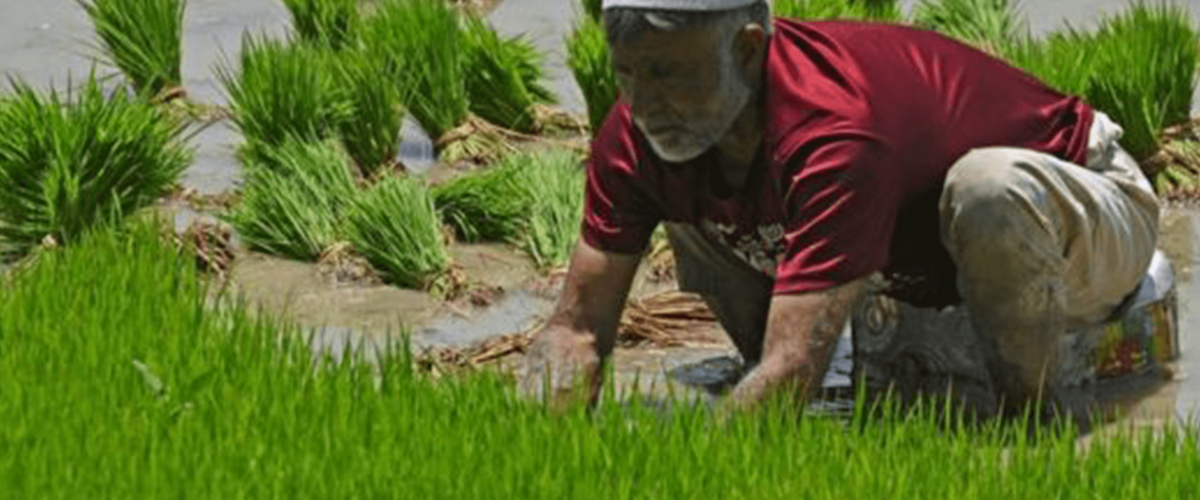India has outlawed the export of non-basmati white rice in an attempt to ward off looming domestic price spikes.
Heavy rains have hurt crops in the country and rice prices have risen by more than 11% over the last 12 months.
Non-basmati white grain currently accounts for about a quarter of India’s rice exports, the Ministry of Consumer Affairs said as it announced the policy change.
Experts warned the move could push up global food prices.
“It’s fair to say this will have quite an impact on global food prices,” said Emma Wall, head of investment analysis and research at Hargreaves Lansdown.
Food supplies are already under pressure, after Russia’s withdrawal this week from a deal guaranteeing safe passage of Ukrainian grain, including wheat.
India is the world’s biggest exporter of rice, accounting for more than 40% of global shipments. Non-basmati rice is mainly exported to countries in Asia and Africa.
Last year, the Indian government imposed a 20% export tax to try to discourage foreign sales. It has also limited wheat and sugar shipments.
But exporting can be more lucrative for Indian farmers than selling domestically.
The government said that farmers would still be able to export other kinds of rice, including long-grain basmati, ensuring they “get the benefit of remunerative prices in the international market”.
The state will also consider requests to allow shipments to other countries based on food security needs, the Directorate General of Foreign Trade said.
The invasion of Ukraine last year caused global food prices to surge.
While those pressures have since eased at an international level, in India, bad weather has damaged crops in many northern states, prompting the cost of many items – including tomatoes and onions – to rise sharply.
Vegetable prices jumped 12% from May to June, contributing to the rising cost of living. Inflation rose to 4.8% last month, which was higher than expected as a result of the climbing food costs.
The rising cost of living has put political pressure on the government in India, ahead of national elections next year. The country will also see state-level elections in the coming months.
Devinder Sharma, an expert in agriculture policy in India, said the government was trying to get ahead of an anticipated production shortfall, with rice-growing regions in the south also exposed to risks of dry rain as the El Nino weather pattern sweeps through later this year.
“The government is taking a very, very precautionary kind of approach,” he said.

